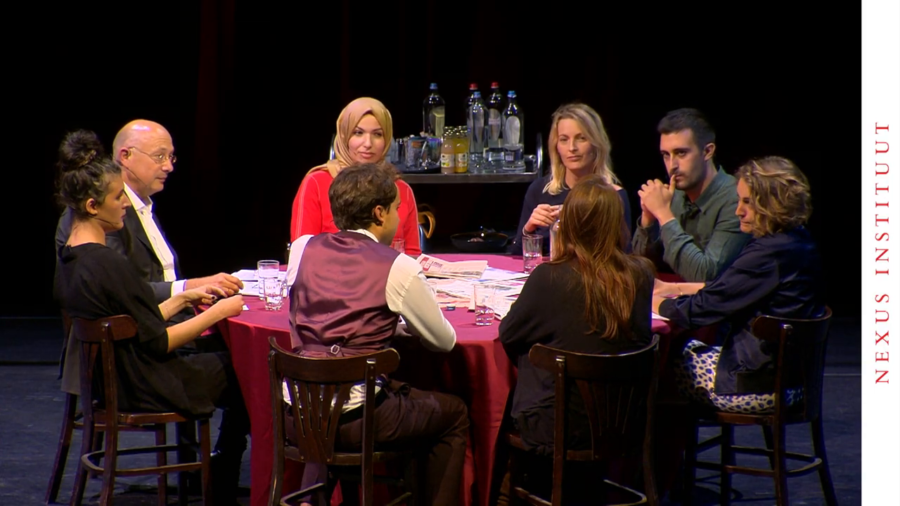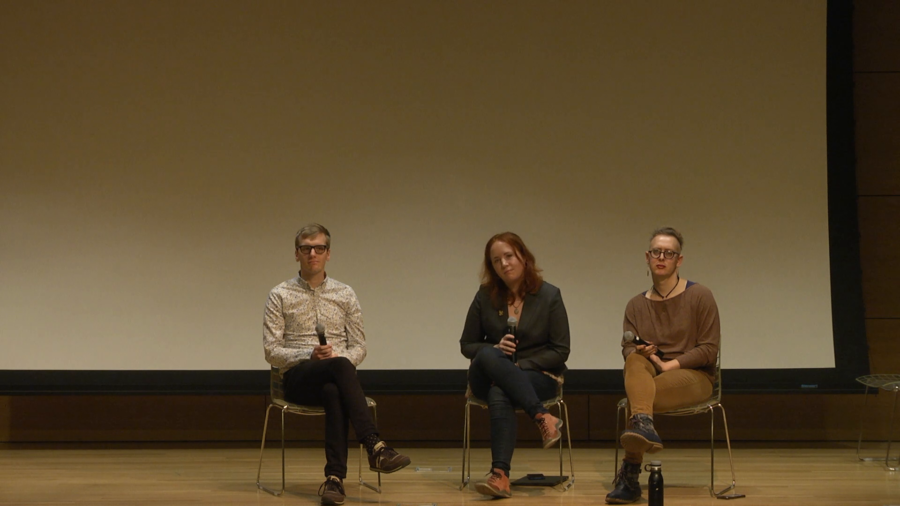One of the things that’s really difficult about scale is precisely this question of how do different collectives interface with each other and interface as part of one another.
Archive

I think that politics has always been susceptible to conversion so that it’s not actually about living people it’s about signaling membership within a particular community.
We are in the midst of a shift in how we encounter information. And we’re wrestling with three paradigms at the same time. The oldest of these paradigms, for for most of us, is edited media. … You have a powerful gatekeeper, the newspaper editor, who says, “Here are things you need to pay attention to today. Give this a small amount of your time, and you will be roughly up to date with what you need to know.”
If the point of making a 10,000-year clock is to get people to think longer term how do you design that experience so that it really does that? And one of the things that we we realized is that people really need to be able to interact with it. That they need to be able to make the moment they visit it their own. So while the clock does keep time all by itself with the temperature difference from day to night, it doesn’t actually update any of the dials, none of the chimes chime, unless someone’s there to wind it.

